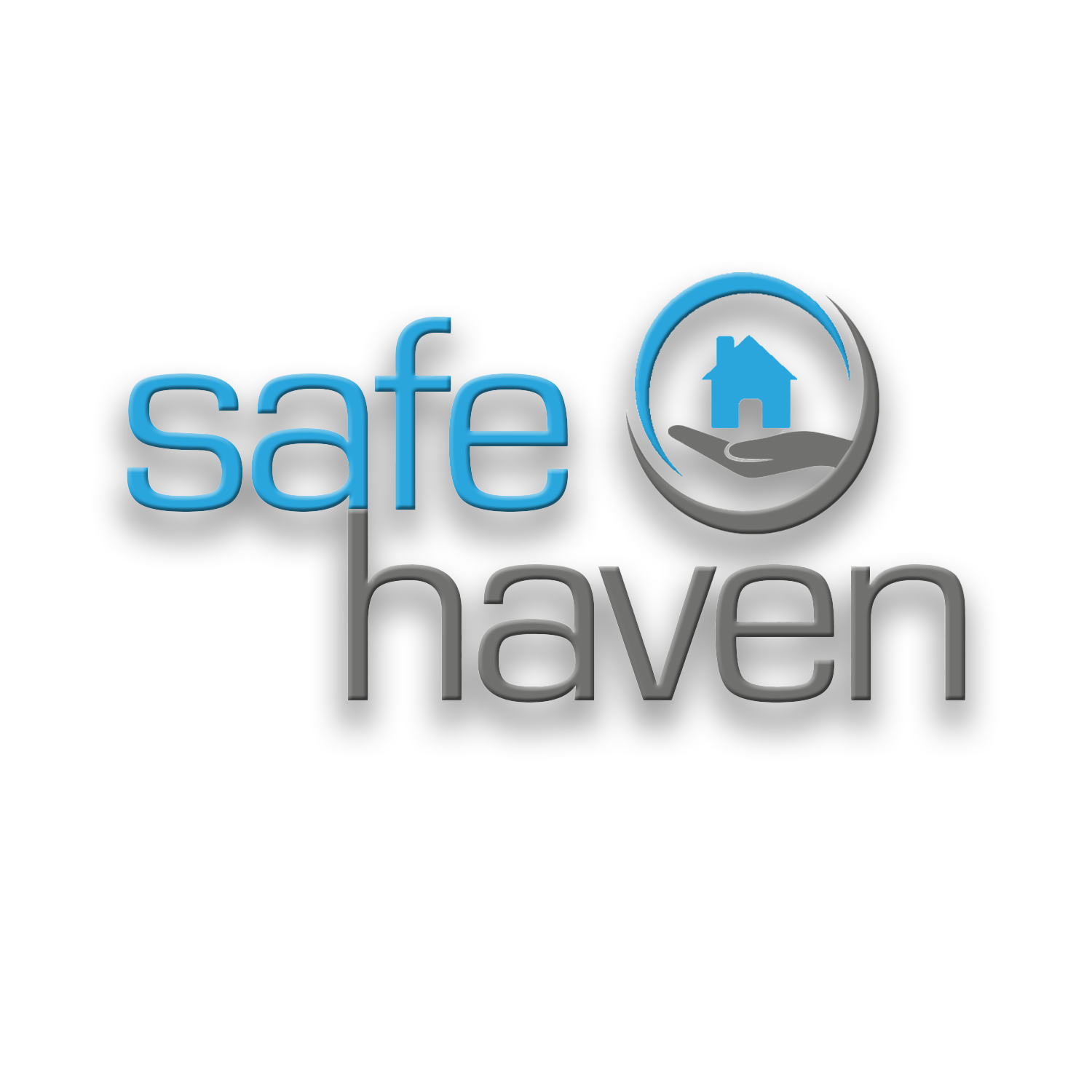Available Support Groups for Addiction: Harnessing the Power of Community
Support groups can be a lifeline for both individuals struggling with addiction and their families. These groups offer a safe and non-judgmental space where people can share their experiences, learn from others, and find comfort and encouragement. Their value cannot be understated. Treatment cannot replace a supportive community, and a supportive community cannot replace treatment. Together they help to address the varying needs of someone in recovery. If you believe you may benefit from a support group but are nervous to attend an in person local group, try an online meeting. Online meetings can be a good place to start. Here are some well-known support groups that you and your family member can consider:
Alcoholics Anonymous (AA): AA is one of the most widely recognized support groups for individuals dealing with alcohol addiction. It follows a 12-step program that focuses on personal accountability, self-improvement, and spirituality. There are numerous AA meetings held globally, making it relatively easy to find one in your local area.
Narcotics Anonymous (NA): Similar to AA, NA provides support for individuals struggling with drug addiction. It follows the same 12-step principles and provides a supportive community for those seeking to recover from substance abuse.
SMART Recovery: SMART (Self-Management and Recovery Training) Recovery is a science-based alternative to 12-step programs. It employs cognitive-behavioral techniques to help individuals manage addictive behaviors and build a balanced and satisfying life. Online groups are available.
Al-Anon and Nar-Anon: These support groups are designed specifically for the families and friends of individuals dealing with alcohol and drug addiction, respectively. Al-Anon and Nar-Anon meetings offer a space for loved ones to share their struggles, gain insights, and learn healthy coping strategies.
Celebrate Recovery: This Christian-based support group focuses on helping individuals overcome various addictions, hurts, and life challenges. It combines spiritual principles with a 12-step program to promote healing and growth.
Families Anonymous: Families Anonymous is a support group for families and friends of individuals with drug-related problems. It provides a compassionate environment for sharing experiences, challenges, and hope, while emphasizing self-care and personal growth.
Online Support Groups: In addition to in-person meetings, several support groups offer online forums and virtual meetings. These can be especially helpful for individuals who may not have access to local meetings or prefer the anonymity of an online setting.
When exploring support groups, encourage your family member to attend a few different meetings to see which one resonates with them the most. The effectiveness of support groups varies from person to person, so finding the right fit is crucial. Encourage them to attend several meetings and show up early to get to know people before deciding if the group is right for them.
Support groups play a crucial role in the recovery process for both individuals with addiction and their families. The diverse range of support groups available allows for a tailored approach to addressing specific needs and preferences. Encourage your family member to participate in these groups to gain valuable insights, build a strong support system, and find hope on their journey to recovery. Remember, together, you can overcome the challenges of addiction and foster a brighter and healthier future for your loved one and your family as a whole. It can be extremely beneficial to receive outside perspectives and support form individuals who have undergone similar situations. Even if your loved one refuses to receive support, please receive support for yourself.
(ChatGPT, personal communication, August 1st, 2023)

